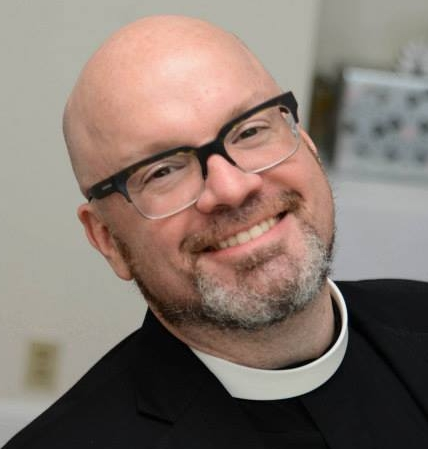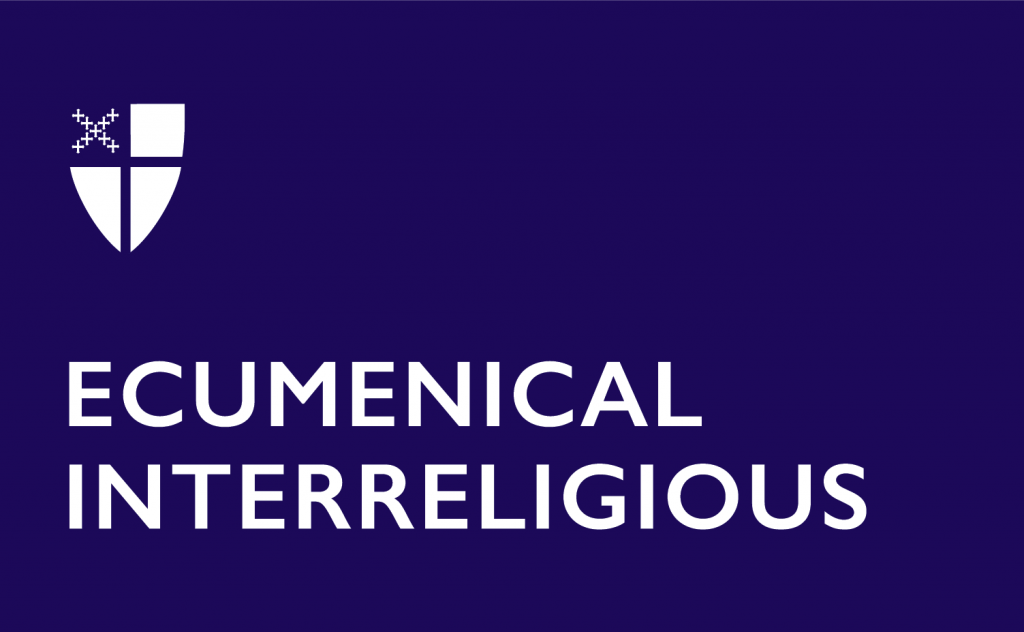EDEIO Spotlight: The Rev. D. Scott Russell
Each quarter, the Ecumenical and Interreligious Relations newsletter highlights one of the church’s Episcopal diocesan ecumenical and interreligious officers (EDEIO). Part of a national network, EDEIOs are designated by their diocesan bishops to encourage wider unity in Christ’s church and collegial relationships with members of other religions.

The Rev. D. Scott Russell has served as chaplain at Rutgers University since 2016. His experience of service in the diocese has been both diverse and deep. He serves as the ecumenical interfaith officer and is chair of the LGBTQ Commission. He has served as a trainer with the Anti-Racism Team, on the Reparations Commission, and the Committee on the Priesthood. Russell served as a clergy deputy to General Convention this summer as well.
I have been serving as the EDEIO officer in the Episcopal Diocese of New Jersey since 2018. For most of my tenure I worked with the bishop, building relationships with other ecumenical and interfaith groups locally as well as working with them in various social justice and advocacy efforts. I also serve as the Episcopal chaplain at Rutgers University in New Brunswick. When the bishop asked me to serve as the EDEIO officer, I immediately agreed. My work as a chaplain involves regular ecumenical and interfaith work. I am part of the interfaith alliance of chaplains, and we offer regular educational and service-oriented programming.
On Oct. 7, 2023, we gathered in prayer for the victims of the attacks in Israel as the faith communities on campus stood united in grief. Soon, however, tensions quickly rose as the armed response by the government of Israel against the people of Gaza began in earnest. As a Christian chaplain, I intentionally reached out to both the Jewish and Muslim faith communities. Then began a series of marches and protest rallies, organized by multiple student organizations and even off-campus groups. Rutgers’ assistant dean for faith and spirituality initiatives called the chaplains together regularly to debrief the spiritual climate on campus and actively work for peaceful engagement.
When staff members of the university’s counseling center approached me with concerns about students of Palestinian origin needing a place to gather with counselors and other members of the university community, I readily offered use of the Canterbury House, our student center. Groups met regularly seeking community and support. Then, in April, the Center for Islamic Life was badly vandalized. Tensions grew again between faith communities. The free-speech zones on Rutgers’ campus were regularly scenes of peaceful protests, eventually including encampments. Thankfully, the university administration chose to listen to the concerns and demands of Palestinian students and their supporters, and the encampments were peacefully dismantled before there were any arrests.
As the fall semester approaches we are hopeful that the peaceful and productive steps taken at the end of the spring will continue as classes resume. The challenges ahead of us are many, but our commitment to the vital work of ecumenical and interfaith efforts is stronger than ever.

